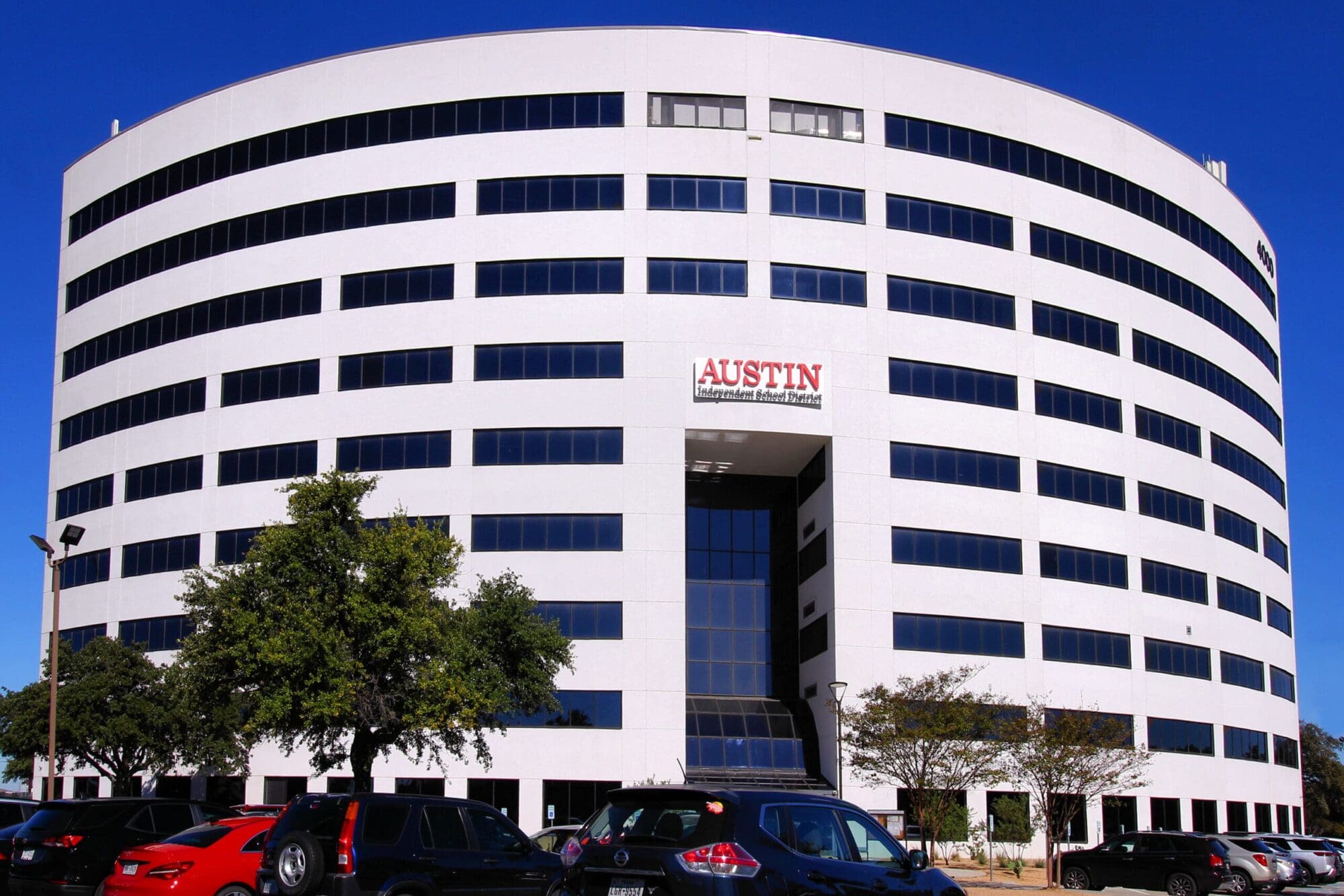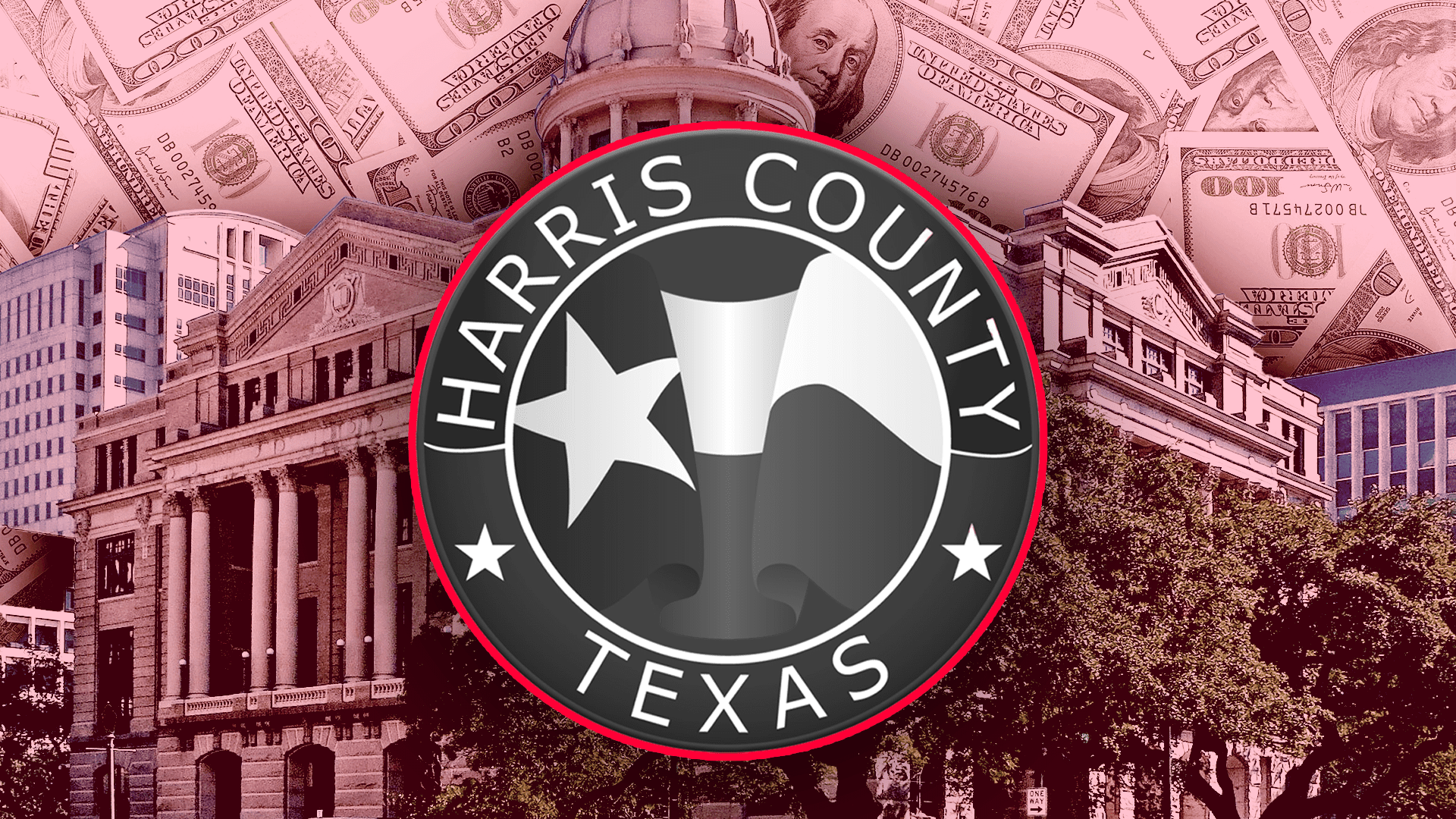A new audit has revealed failures in the Fort Bend ISD 2022 bond planning.
In February, Fort Bend ISD’s board of trustees received a report from the administration detailing a $133 million gap between the amount approved by voters, $1.2 billion, and the total cost of bond projects.
At the time, the district’s deputy superintendent said they would begin a review and that the number could still go up or down. He attributed the shortfall to miscommunication between staff and the construction team, cost overruns, and overall poor planning.
Now, the district has released an investigative report regarding the planning process for that bond.
In a summary of the findings, the audit committee wrote:
While there are multiple factors that contributed to the initial $132 million projected bond cost overage, one of the main contributing factors was the prior administration’s conscious decision not to adjust certain project budgets for anticipated inflation.
They say they based the findings on the district’s assumption that it would be able to use savings on some projects to cover overages on others, something they had done in previous bonds, and a fear of criticism over inflated budgets since they had already been criticized on the overall size of the bond.
An example provided in the audit report is the district contracted with an architecture firm that, in 2022, during the development of the bond, projected the cost for one of the high schools to be $222,854,405 and projected the total cost for the build, if completed in 2025, to be $267,927,154. After completing all of the cost estimates, the district did not include the firm in the ongoing bond planning for major projects and, in several instances, did not use their recommended cost projections.
The overall conclusion of the report was the “administration’s conscious decision not to make any further inflation adjustments to the budgets set in 2022, following the delay of a proposed 2022 bond election to 2023, and the resulting delays to the commencement of construction projects to 2024 and later, appears to be a primary driver of the projected budget shortfalls across all planned bond projects.”




